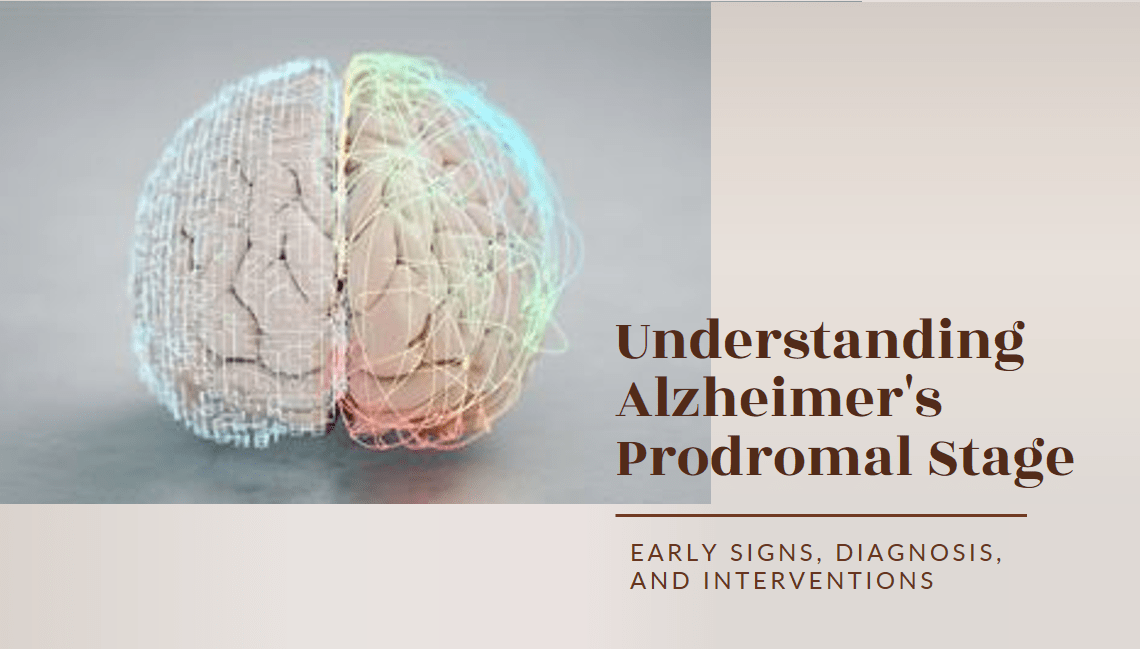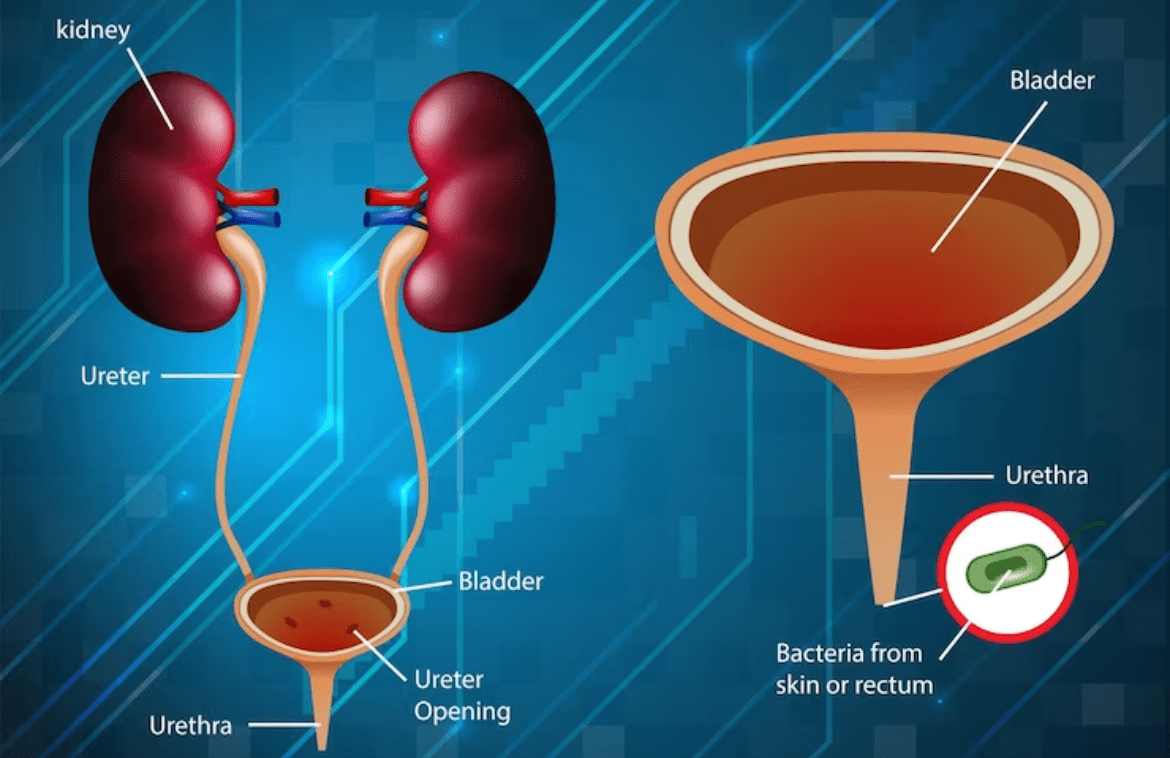Early Warning Signals: Decoding the Prodromal Stage of Alzheimer’s
The pro-dromal stage of Alzehmier’s involves mild cognitive impairment or decline. A person may notice that they forget things more often, have trouble finding the right words, or even forget about appointments or bills. A person displaying these signs can develop dementia.
Alzheimer’s disease (AD) happens to be a progressive neuro-degenerative disorder characterized by the neuro-pathologic findings of amyloid plaques and also neuro-fibrillary, tau-based, tangles. The neuro-pathologic features do begin 15 to 20 years prior to obvious cognitive symptoms.
Individuals with AD will rather progress from their normal baseline cognitive abilities via subtle changes of the preclinical stages to obvious symptoms of brain dysfunction, termed pro-dromal AD, and finally, to AD dementia, which sort of eventually impairs the ability to perform activities of daily living (ADL) that they were previously independently performing, owing to of course cognitive deficits.
The pre-clinical stage of AD is often considered the stage that occurs before a clinical diagnosis of a cognitive disorder is considered. Early identification can prove to be critical as recent clinical trials of disease-modifying agents do suggest that therapeutics work best if started at early stages. Those with familial as well as other risk factors are at higher risk of developing AD later in life. Because these individuals may not necessarily have the start of the neuro-pathologic changes of AD, they are not included in this pre-clinical stage.
The dementia stage of AD does occur when there is significant impairment in an individual’s social as well as occupational functioning, manifested by loss of independence to perform ADL due to cognitive impairments. In such cases, the individual can no longer perform a task without the help of another person. Typically, AD dementia does involve impairment of memory plus other cognitive domains (eg, executive, language, and visuospatial functions). Serial evaluations do improve the ability to correctly classify an individual’s stage of disease.

Prodromal Stage of Alzheimer’s
For individuals at increased risk for AD from genetic factors (eg, family history or APOE genotype), it can be wise to watch for pre-clinical signs of AD. Otherwise, if there are very mild progressive changes noted in cognition or even behaviors in an individual over age 55, considering the possibility of preclinical AD may be worthwhile.
Identification of subtle cognitive as well as behavioral changes is enhanced by having a knowledgeable informant who knows the person’s pre-morbid abilities and also behaviors very well. Identifying cognitive changes is also enhanced by rather having a prior baseline evaluation of an individual’s cognitive skills. Sometimes, these subtle changes in thinking abilities are initially noticed by the individual, termed subjective cognitive impairment (SCI) when cognitive testing reveals no significant evidence of objective impairments.
Although there are no specific criteria to define what constitutes the subtle thinking and also behavior changes in preclinical AD, there are a few common signs and symptoms that are noticed in several individuals who later develop pro-dromal AD. Emerging research making use of sensitive neuro-psychologic testing, neuro-imaging, and CSF biomarkers will indeed reveal abnormalities that can be detected to diagnose preclinical AD.
The earliest cognitive impairments do appear to involve episodic memory loss, related to hippocampal damage, and also executive deficits. Anomia, visuospatial impairments, and of course, disorientation typically do occur later. The earliest memory impairments include reduced word list learning curves, lower-than-expected free delayed recall, and even possible false positive intrusions on one’s word recall, but perfect or near-perfect recognition recall. Normal aging would rather result in a normal learning curve and fewer false positive intrusions.
A cognitive composite test of episodic memory, executive abilities, and also orientation is thought to represent a few of the earliest cognitive changes noted in cohort studies from normal individuals who later progressed to pro-dromal AD and AD dementia. This composite, consisting of the Free and Cued Selective Reminding Test (FCSRT), delayed paragraph recall, Digit-Symbol Substitution Test, and Mini-Mental Status Examination (MMSE), is made use of in the anti-amyloid treatment in asymptomatic AD (A4) trial. Cognitive deficits do remain the best biomarker sensitive to change over time.
Conclusion
The earliest changes in behaviors include apathy, mild irritability, dysphoria, and also impaired insight. Individuals may reduce their normal activities for no apparent reason, socialize less, and also exercise less. Often slowing down in one’s activities is attributed to normal aging.









There are no comments